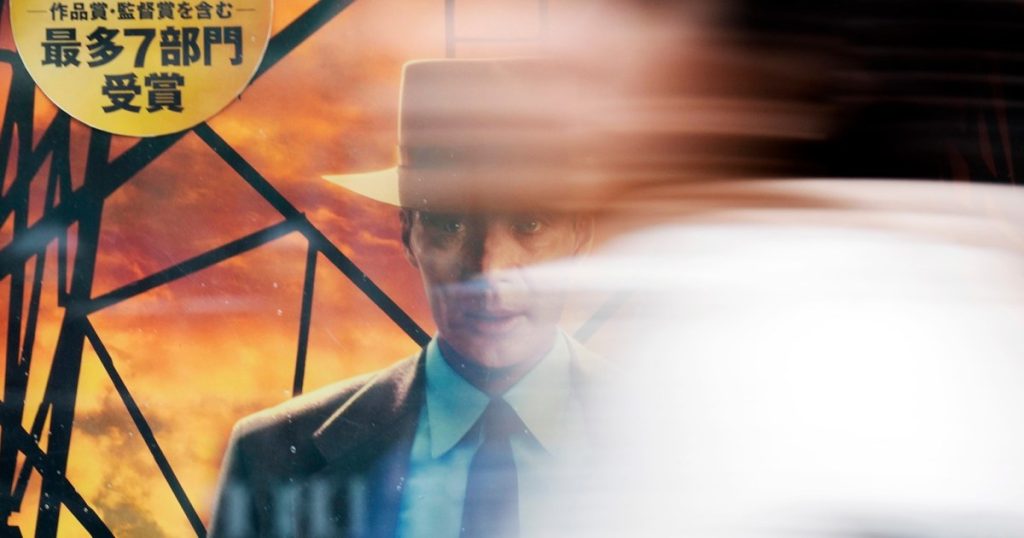The film “Oppenheimer” finally premiered in Japan, the nation where two cities were destroyed by the nuclear weapons developed by J. Robert Oppenheimer. The reactions of Japanese filmgoers were mixed and emotional, with some expressing disappointment that the film did not directly depict the bombings of Hiroshima and Nagasaki. Instead, the film focuses on Oppenheimer as a person and his internal conflicts, leading to conflicting opinions among viewers.
Former Hiroshima Mayor Takashi Hiraoka was critical of the film, saying that the horror of nuclear weapons was not sufficiently depicted and that the movie seemed to validate the use of the atomic bomb as a means of saving American lives. However, some moviegoers offered praise for the film, noting its depiction of Oppenheimer’s inner turmoil as compelling and emotionally engaging.
The release of “Oppenheimer” in Japan came after months of anticipation and concern due to the sensitivity of the subject matter. Some viewers in Japan found the film to be of great interest, despite its emotionally charged content. However, the historical controversy surrounding the bombings and justification of nuclear weapons continues to spark debate and differing opinions among audiences.
The film has been described as an expression of American conscience by Kazuhiro Maeshima, a U.S. politics professor. While some may expect an anti-war message, the film delves into Oppenheimer’s personal struggles and the changing attitudes towards nuclear weapons in American society. The possibility of a Japanese response to the story has been raised, with filmmaker Takashi Yamazaki indicating a desire to create a film that addresses the events from a Japanese perspective.
Lawyer Hiroyuki Shinju highlighted the need for reflection on the use of nuclear weapons and wartime atrocities committed by Japan and other nations. He sees “Oppenheimer” as a starting point for discussions on the legitimacy of using nuclear weapons on Hiroshima and Nagasaki, as well as broader reflections on humanity’s relationship with war and the nuclear threat. Overall, the film has sparked important conversations in Japan and around the world about the impact of nuclear weapons and the need for reconciliation and reflection on the events of the past.













